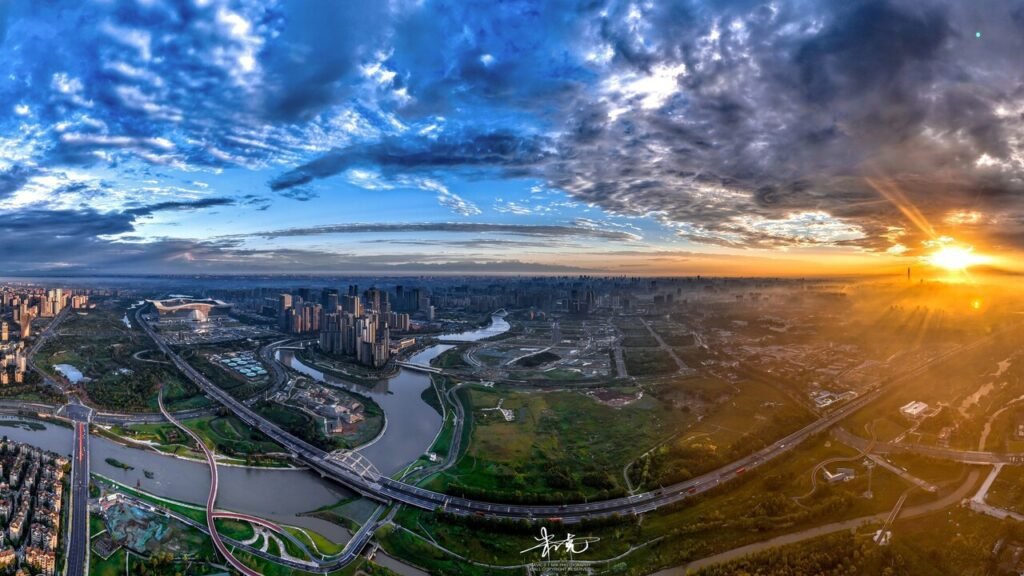Heat wave in China: factories face power and water problems

Foxconn is worried about water, Intel’s factories have to close for electricity needs and car manufacturers are sweating too. The reason is the biggest heat wave in 60 years in Sichuan province in central China, excessive temperatures and hardly any rain mean that the technology is already at or over its limit.
There has been hardly a problem lately, with central China being hit. 19 of the 21 cities in the region, with about 84 million inhabitants, slightly more than in Germany, have to save electricity. The combination of a high industrial density that is crying out for electricity, combined with a constantly growing share of air conditioning in the population, puts a lot of pressure on the energy grid. The simultaneous lack of precipitation to about 50 percent of the normal proportion at this time of year enables hydropower plants to produce less energy thus several factors lead to the current limitations.
IT and automotive industries affected
Certain plants are expected to partially or completely shut down production for up to six days. The first had to close on Monday, and others have followed since Wednesday. The restrictions will be in place at least until Saturday, but local weather reports say the heat won’t end on the 20th, cooling could happen on the 24th at the earliest, from now 40 degrees to around 30 degrees.
In the automotive industry, battery manufacturers include Contemporary Amperex Technology Co. Limited (CATL) and directly affected Toyota and VW, in the semiconductor industry Texas Instruments, OnSemi, Foxconn, and Intel are mentioned by name. At Intel, it affects the large assembly and test plants represented on campus. According to Intel, there are a total of 4,000 employees, the site uses more than 60 million kilowatt hours of electricity per quarter, according to Intel.
Foxconn said yesterday that the problems with electricity are easier to solve than those with water. “No water is much worse than no electricity,” reporters quoted Foxconn chairman Liu Yangwei as saying. The bottom line is that most companies don’t expect any major impacts at the moment. In part, the Chinese government has already ensured that key sectors of the economy continue to be prioritized over electricity supply so as not to jeopardize the country’s overall economic growth.
Digital marketing enthusiast and industry professional in Digital technologies, Technology News, Mobile phones, software, gadgets with vast experience in the tech industry, I have a keen interest in technology, News breaking.









